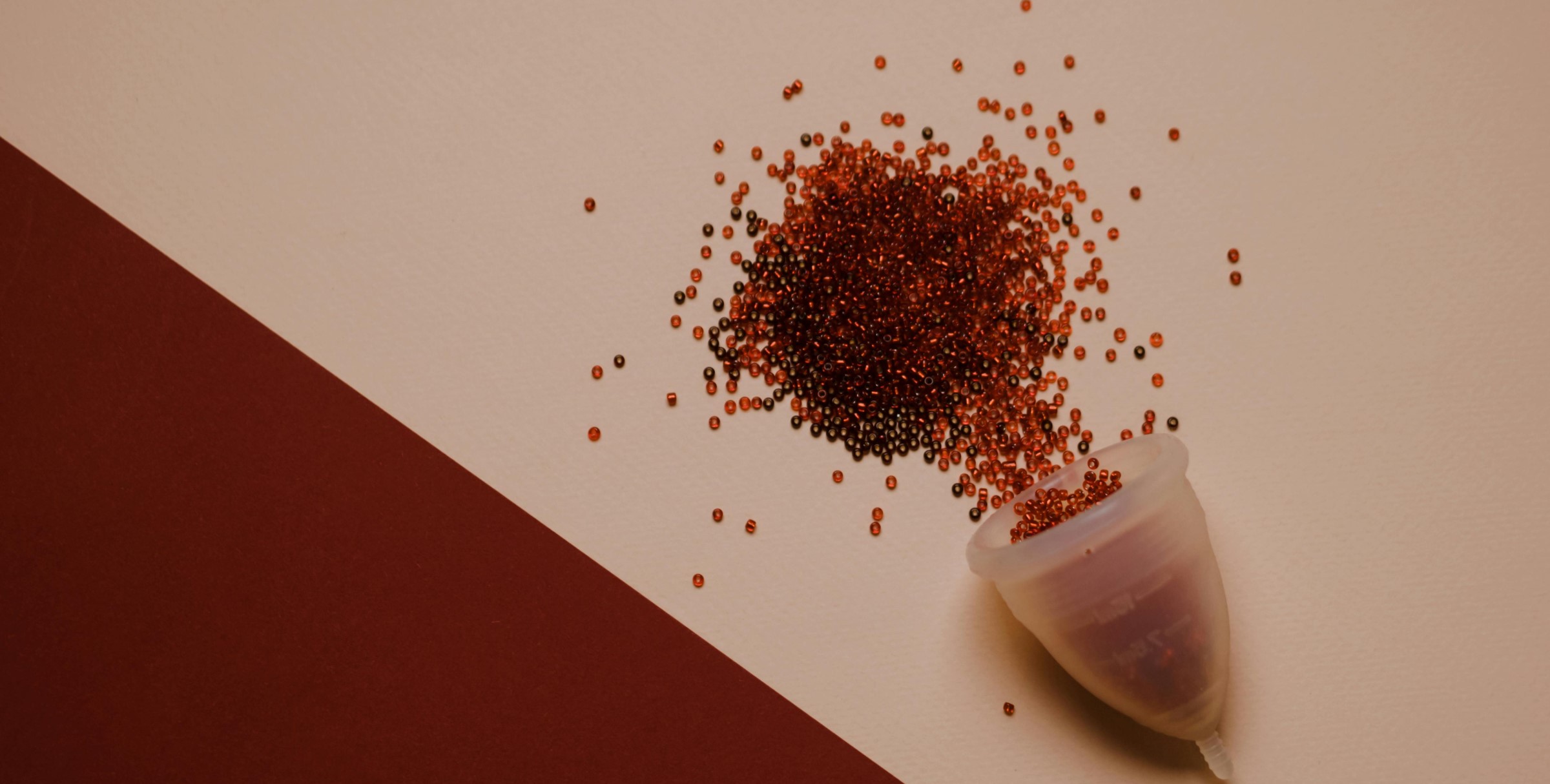Sex is full of risks, and some people aren’t sure where these risks can lie.
Most people know that you can get an STI from sex. But what they may not know is they don’t get the infection from the act of sex, but from the bodily fluids that often accompany sex.
In light of this, it might be sensible to ask: can you get an STI from period blood?
Keep reading to find out.
What are STDs?
Sexually transmitted diseases (STDs) are infections that pass between people through sexual activity. “Sexual activity” includes acts like vaginal, anal, and oral sex but can also include foreplay and sharing sex toys. Depending on what you’re doing, you may be exposed to different infections.
But this is an important point to keep in mind: while most STDs spread through sex, some can be transmitted in other ways. You can get infections like HIV, Hepatitis B, Hepatitis C, and Syphilis through sharing needles for intravenous drug use, needle stick injuries, and blood transfusions.
But how does this happen?
For most STIs to spread, secretions infected with a particular pathogen, such as a virus or bacterium, must come into contact with the mucous membranes of the uninfected partner.
The mucous membrane is a layer of cells that lines bodily orifices, such as the urogenital tract, nose, eyes, rectum, and mouth. These pathogens enter the body through mucous membranes and establish infections.
What is period blood?
Period blood, or menstrual blood, is a natural part of the menstrual cycle. It consists of blood, uterine lining tissue, and vaginal secretions.
Period blood appears when the uterus sheds its lining roughly every 28 days if there is no pregnancy. The shedding is a normal bodily function that signifies the end of one menstrual cycle and the beginning of another. The colour of period blood can vary from bright red to dark brown, depending on the flow and the time it has been exposed to air.
Menstrual blood is a sign of reproductive health and is a natural process that most women experience from puberty until menopause. It can last anywhere from 2 to 7 days and is accompanied by other symptoms like cramps, bloating, and mood swings.
Can period blood carry STDs?
If a woman is infected with a blood-borne STI, like HIV and Hepatitis B, it’s possible to transmit that infection to a man during vaginal intercourse through period blood. This occurs when infected blood comes in contact with the mucous membranes in the penis. While this mode of transmission is technically possible, it’s also incredibly rare.
Transmission may be made more likely if the male has an existing STI like Herpes, Syphilis, and (to some extent) Chlamydia. These infections damage the mucous membrane in the urogenital tract, making it more likely for some pathogens to establish an infection.
It can also be made more likely if infected menstrual blood enters open wounds or sores on the skin, like cuts in the fingers or mouth. These situations are incredibly rare.
If a woman is infected with Hepatitis C, although this is a blood-borne infection, it doesn’t infect the mucous membranes of a man’s penis (like the head of the penis) unless he also has part of his genitals bleeding, such as the wounds or sores mentioned above. For this reason, cases of transmission of Hepatitis C in vaginal sex, passing from a man to woman are so rare, they could be described as exceptional.
So, al though the transmission of HIV is rare from woman to man in vaginal sex, transmitting an infection through period blood is more likely to happen if the infected person has a high enough viral load. If the viral load has been significantly reduced – for example, by taking antiretroviral medication for HIV – then the likelihood of transmission is next to zero.
Hepatitis B, however, is much more infectious than HIV and is seen more commonly in vaginal sex in unvaccinated people.
Is it safe to have sex during a period?
For the most part, it’s safe for a woman to have sex while on her period. However, many women choose not to for personal comfort. With that said, if the woman is infected with a blood-borne STI, then there may be certain risks to the man participating in vaginal sex, as we have already mentioned.
How can I avoid getting an STI?
If you’re concerned about STIs, whether getting one or passing yours on to someone else, you should use protection when you have sex.
Condoms and other barrier methods like internal condoms and dental dams offer the best protection to people who are concerned about STDs. These forms of contraception create physical barriers between infected secretions and an individual’s mucous membrane. In this way, the bacteria, viruses, or parasites can’t penetrate the membrane and infect the other person. Outside of abstinence, barrier methods of contraception are the most effective method of preventing the spread of all STIs.
Aside from safe sex practices, you may also want to consider getting vaccinated for HPV and Hepatitis B. Ask your doctor about these vaccinations and how they can protect you from infection.
If you believe you’ve been in a situation with a high risk of exposure to HIV because there has been blood-to-blood contact during sex, you should go to the nearest emergency room, where you may be able to access a brief course of anti-HIV medication to stop any possible infection in its tracks.
Final thoughts
In the vast majority of cases, menstruation is a perfectly natural process, and doesn’t pose any harm to the woman or the man during sex.
However, if the woman is infected with a blood-borne STD, there may be some risk of transmission in a very small number of cases.
Being concerned about your sexual health is a perfectly natural part of being sexually active. If you’re still concerned about your sexual health after reading this article, it’s always Better2Know your sexual health status by getting tested. Click the button below to book an appointment at a sexual health clinic near you.
This article has been medically reviewed by Dr. Steve Chapman, 22/01/2025.





